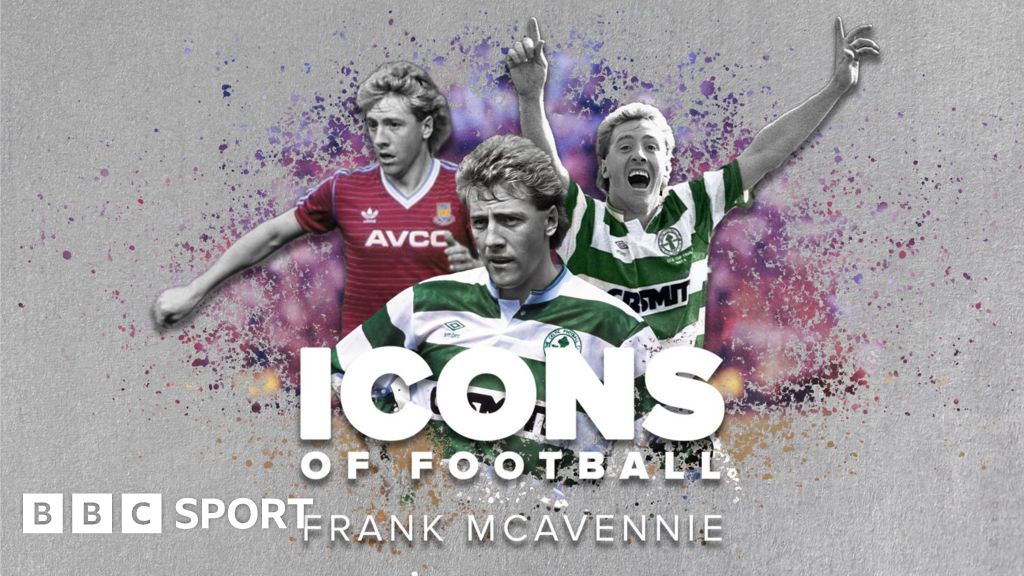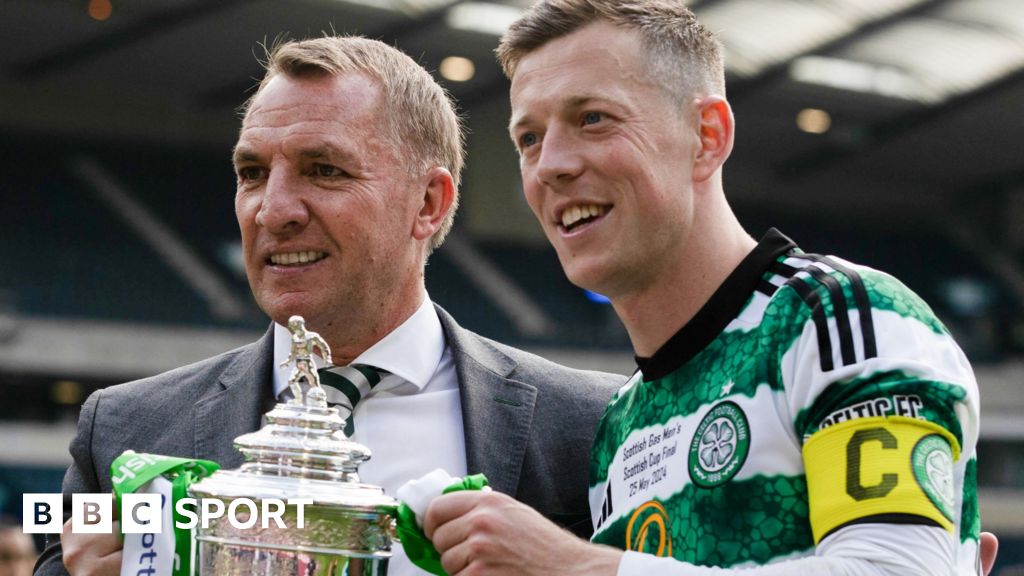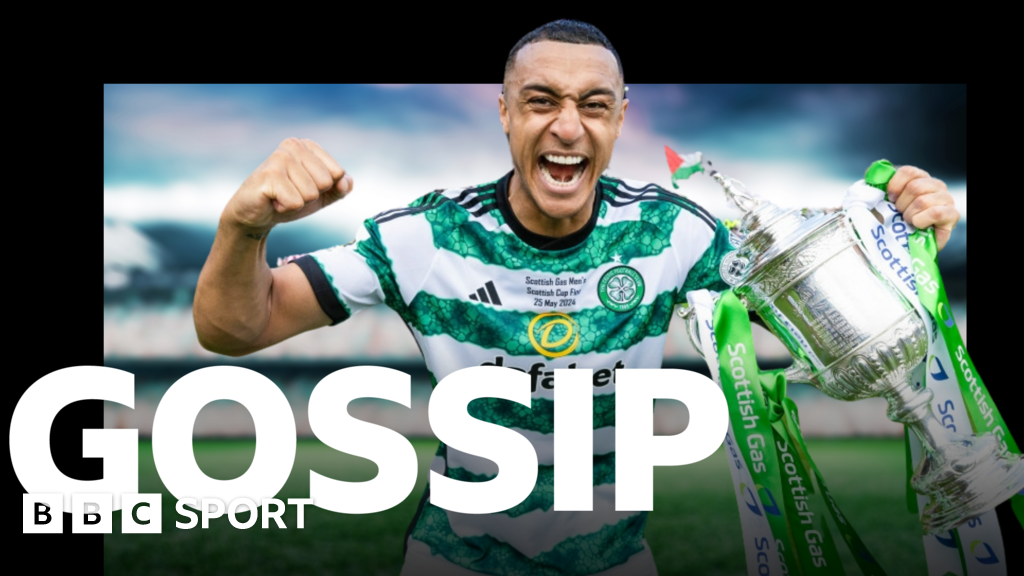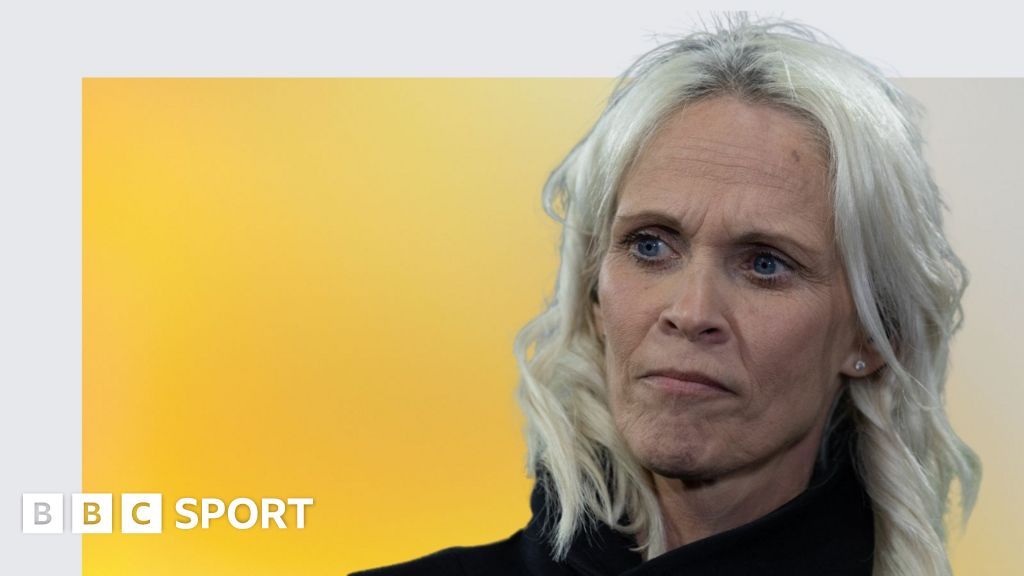
Pep Guardiola, Jose Mourinho and the game that changed everything
"Yes, I was a player, but I'll start from zero as a coach," said Guardiola, then 37, in his first press conference in charge of Barcelona B.
It was a surprise he had taken the job, given a role as head of the academy - seen as more prestigious - was also on the table.
However, Barcelona B, like Guardiola, were starting from scratch. In the previous season, they had been relegated after failing to win their final 10 matches.
Guardiola's first match in charge was a pre-season friendly played on a tiny, artificial pitch against Banyoles. Small pitches and, when matches were played on grass, bobbly surfaces were a theme in a tricky start to managerial life.
Barcelona B won one of their first three matches.
After a 2-0 defeat by lowly Manresa, who were eventually relegated, Guardiola endured his first test of faith. Could his playing style - prioritising possession over position on the pitch - thrive in the testing conditions of the fourth tier?
By the time he arrived at training on the Wednesday after that defeat, he had made his mind up.
"I had thought we have to change because the pitches are so small," he says.
"I doubted for two days. But, in that moment, I decided - if we could win and play quite good football on a small pitch, I could do it at a higher level with better players and better pitches.
"I arrived at training and said: 'This is what I believe.' The alternatives, the ways we looked at changing, they did not convince me. That is why I could not change.
"It was an important moment because I was new, I was not experienced. Aged 37, never trained big players. I had to prove myself."
One man he didn't need to prove himself to was Domenec Torrent.
Torrent had been managing fellow fourth-tier outfit Girona. When Guardiola, a man he had revered as a player came knocking, Torrent jumped at the chance to join him.
Torrent spent 11 years at Guardiola's side as his assistant before leaving Manchester City for a head coach role with New York City FC in 2018.
"I always say Pep has great powers of seduction," he says.
"He's someone who can convince players with his everyday work with them. He's a sponge.
"He learns very quickly about everything and everyone.
"He turned Barcelona B into a very compact side who played very good football. And he put across to the players his ideas, which were totally different from anything they'd heard up until then.
"It's true that we built a very good squad."
Sergio Busquets, Pedro and Thiago Alcantara were rookie faces in that squad and Guardiola was the uncompromising, relentless, ruthless driving force at the centre of it.
Professionalism was to the fore. Opposition sides were scouted and video-analysed, a level of detail unheard of in that division at the time.
An 11pm curfew was introduced - as were fines.
"Pep had very clear boundaries, he did not let anybody do anything that he thought was out of place," Pep's then-captain Marc Valiente has said. "He had a very clear code. You had to adhere to that in terms of the rules, in terms of fines, and I think that was fair."
Barcelona's then-sporting director Txiki Begiristain - now in the same job at Manchester City - also remembers Guardiola's pursuit of perfection.
"It was unbelievable," Begiristain says. "In England, the level would be like League Two.
"Pep was working in League Two like he was in [charge of] the [Barcelona] first team: Looking after the players, food, chefs, travelling, recording the games.
"He was really amazing. He was thinking 'one day I'm gonna be a first-team coach, I wanna work like this'.
"And so, he was already doing it in the fourth tier. It was crazy."
After their inauspicious start, Guardiola's Barcelona B's form dramatically improved en route to winning promotion.
Guardiola's work-rate won hearts in the boardroom, most notably with the most influential Barcelona face of all.
"I remember that Johan Cruyff visited a lot with his wife to see the Barca B games," Torrent says.
"And, strangely, I saw that instead of watching the game, he was watching Pep, how he managed, how he behaved, how he moved: his body language.
"And I remember mentioning to Pep: 'That's the second time Johan's been to see you and he was just watching you.' All that made sense when Pep took over the first team.
"I remembered those afternoons when Johan came to see him, not the football."
Promotion cost Guardiola a fair bit of money.
At the beginning of the campaign, he had promised to buy the team lunch if they won three games in a row. It happened on five occasions.
The team's most important performance, though, was to come in a friendly against Rijkaard's increasingly disjointed and disengaged first team, watched by a handful of spectators.





